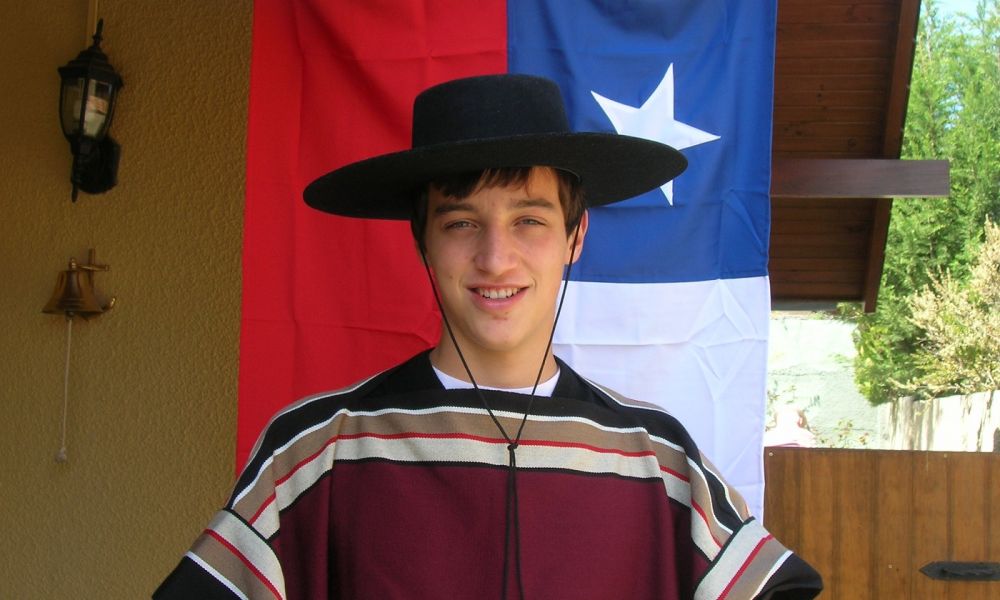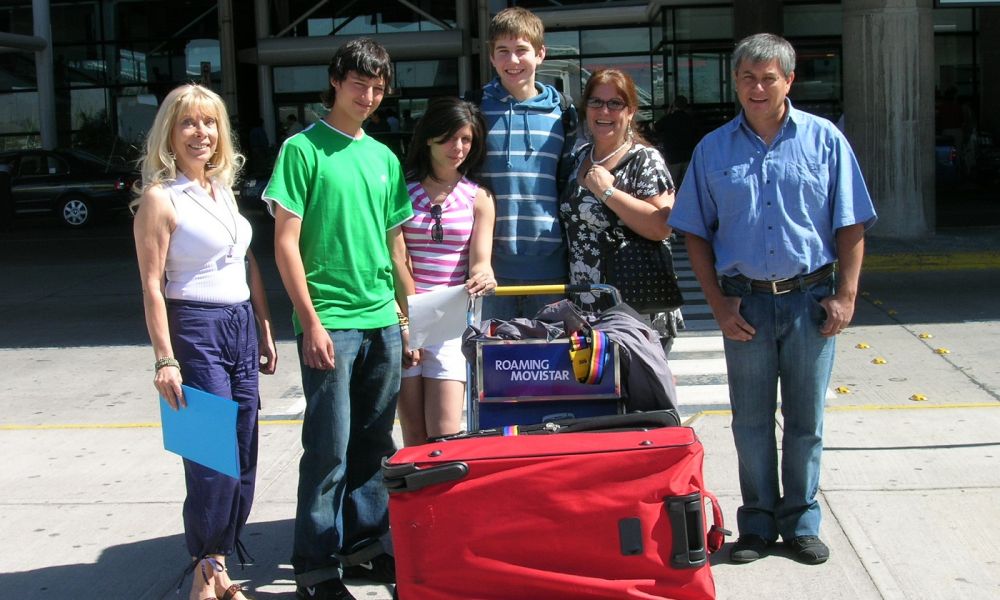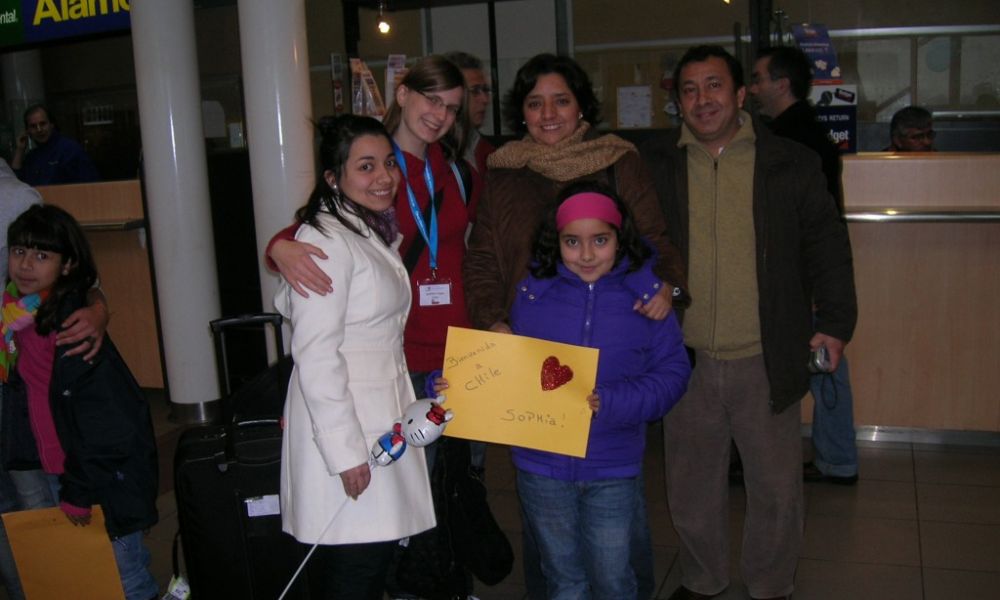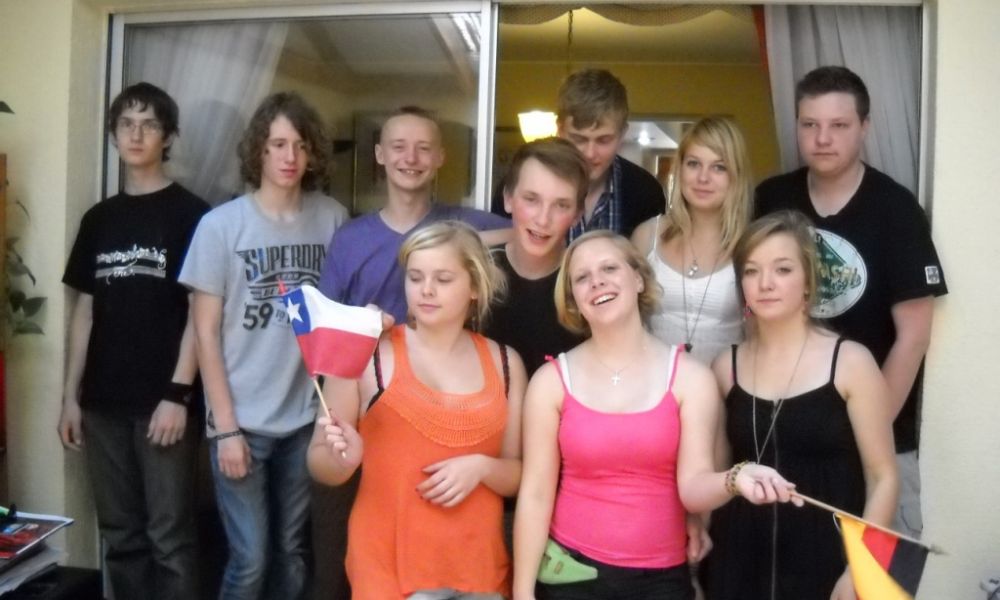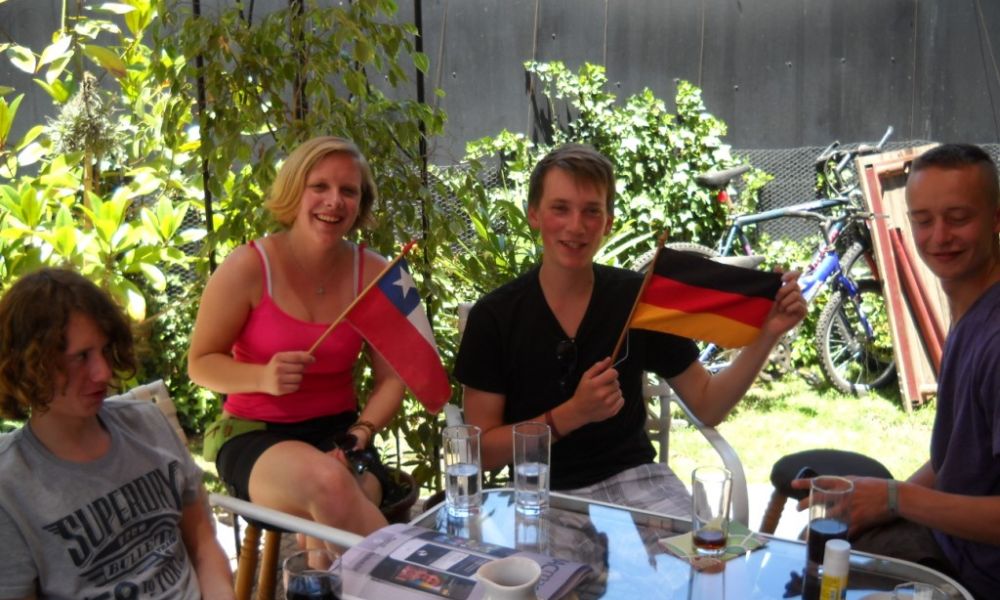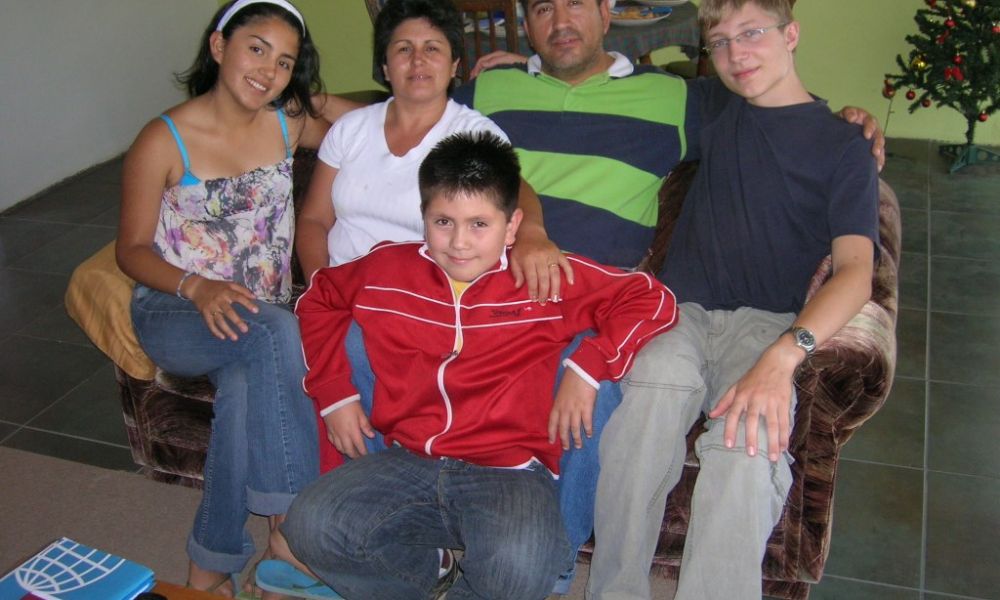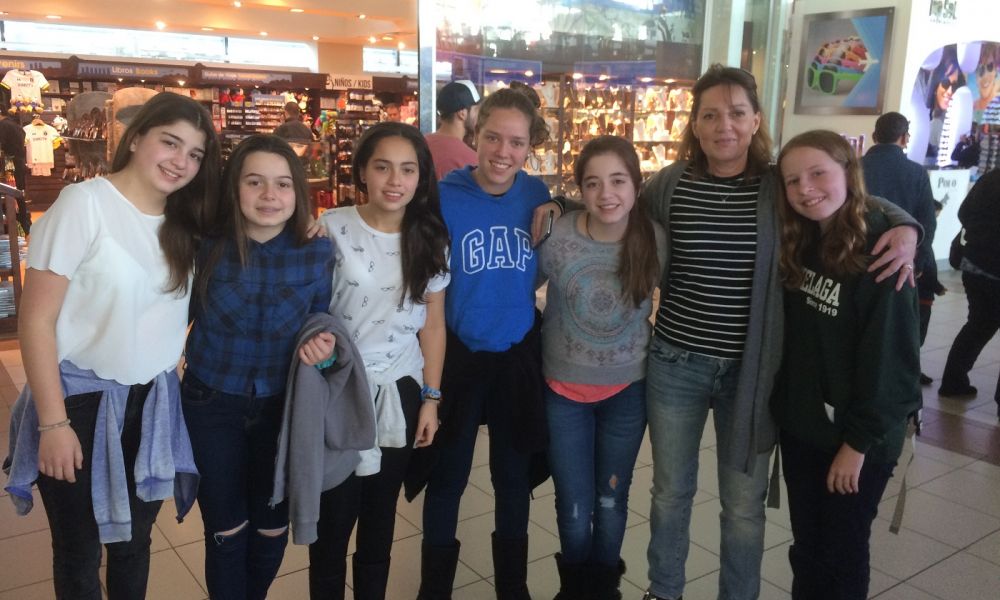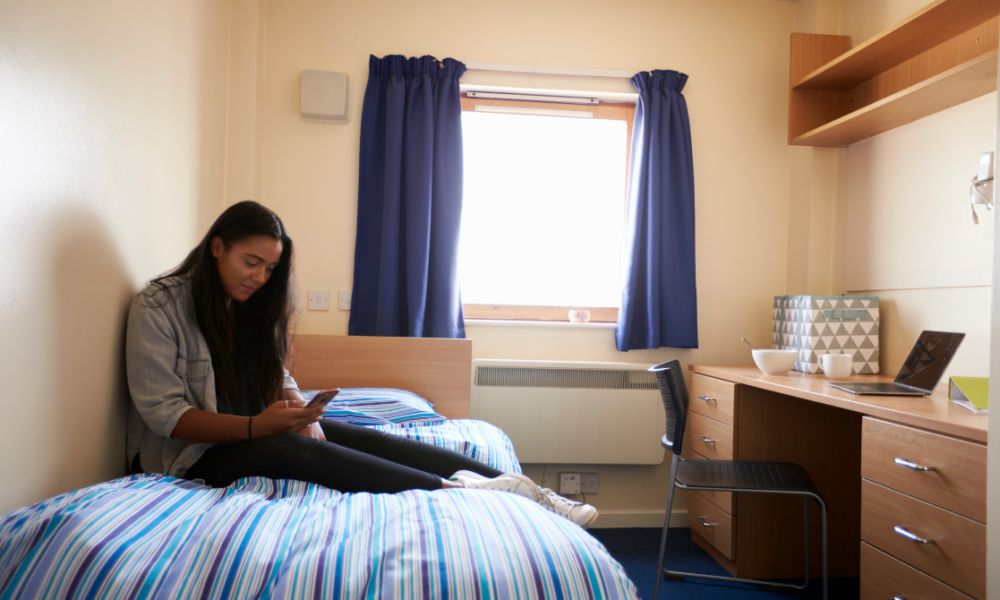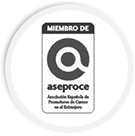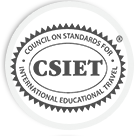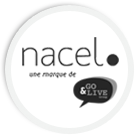A good destination to do a high school summer abroad program is Chile!
Live a wonderful and unforgettable experience living in a South American country and attending high school! Become fluent in Spanish and meet new friends at school and spend your evenings and weekends sharing the family’s activities.
Our Homestay and School Integration in Chile offers a unique way to experience the daily and routine of young Chilean teenagers. The participant lives with a local host family and goes to school (except during school holidays) with the host sister or brother, like any other student. Embark into a high school summer abroad in Chile!
Students are welcomed as a new family member and spend their evenings and weekends sharing the family’s activities. Students learn through the constant immersion in the local language environment. They cannot speak their native language, and that will cause Spanish language skills to improve quickly and efficiently. The Spanish homestay immersion in Chile is a good way to prepare for a longer academic program abroad.
Nacel’s short-term program offers the opportunity to experience Chilean lifestyle and culture from the inside and not as a tourist. It is the best way to improve language skills and integrate the everyday life of another country. Spend a high school summer abroad in Chile.
Students are placed in selected local private high schools, with no extra fees. The average size of schools varies from 400 to 1200 students; schools include all levels (1st to 12th grade). Students mostly take public transportation (sometimes they walk, ride, or parents drive them). Students usually go with their host sibling to the same school, sometimes in the same grade. You will be a Chilean student during your high school summer abroad in Chile.
During your high school summer abroad in Chile, you will participate in extracurricular activities after school with your host sisters and brothers as well as with your new friends.
The new family member is expected to take part in the daily activities of his or her host family. Integration into the family is the ultimate goal of the homestay experience during your high school summer abroad in Chile. However host families are not required to organize activities, visits or excursion. The participant comes with his/her own spending money to cover the cost of activities.
Host family, full board.
Our volunteer Chilean host families welcome foreign students as new members of their family during their high school summer abroad in Chile.
International students will enjoy the Latin American spirit of the Chilean culture. European influence is also clearly present in Chilean art, architecture and music. The geography of Chile is perhaps the most impressive: the country extends some 4300 km from the desert north to the glacial south. As a result, students will discover a huge variety of landscapes and weather conditions.
Spanish homestay immersion in Chile
* Price in Euros per participant.
Not included : Application Fees (65 EUR)
💰 What's Included in the Price?
- Administration fees
- Host school placement and tuition fees (if any)
- Host family accommodation with full board
- Airport pickup and transfer from Santiago de Chile to the host family after orientation at the airport, by unaccompanied bus transfer if the host family does not live far away from Santiago (please note that students may have to pay an additional transfer by flight if they are placed far away from Santiago; for arrivals and departures outside of official dates, an extra fee is charged)
- Orientation on arrival by the local coordinator at the airport
- Local Medical, travel and repatriation insurance
- Support, assistance and 24/7 Hotline during the whole program
🚫 What's Not Included?
- Round-trip international airfare
- Travel insurance (luggage lost, flight delay etc.)
- Visa, passport and medical exam fees
- Extra activities organized by schools and others
- Extra language courses
- Local transport (to and from school for example)
- Extension fee
- School uniform (around 150 Euros) and shoes, school lunches (around 2 Euros /day), school books (around 100 Euros) and material
- Late application fee
- Personal expenses and spending money
- Liability Insurance
A minimum of 2 years of Spanish study are required to participate in the high school summer abroad in Chile.
Frequently Asked Questions
~~~~~~~~~~
When you choose one-to-one language lessons at the teacher's home, we carefully select a teacher and their family based on your requirements and provide you with a complete profile. If you feel that the teacher offered or the town are not the right fit for you, we explore alternative options and try our best to accommodate your needs.
When you book a homestay immersion program, while you do not have the option to choose the host family, we strive to match you with the best possible one who is interested in welcoming you into their home for a cultural exchange.
Host families are not required to organize specific outings, but many enjoy including students in local events, celebrations, or family trips.
It’s thoughtful to bring a small gift that represents your home country, such as traditional snacks, crafts, or a souvenir.
Nacel coordinators or our local partners carefully screen and select host families to ensure a safe, welcoming, and enriching experience for all students.
If challenges arise, Nacel’s coordinators or local representatives are ready to mediate and resolve issues. Open communication and mutual understanding are essential to overcoming concerns.
Yes, students should bring pocket money for personal expenses like movie tickets, dining out, or souvenirs.
Students are expected to be open-minded, flexible, and willing to adapt to the new culture, food, and routines. Maturity and tolerance are key.
They are also expected to help with household chores, respect family rules, and actively engage in family activities to foster meaningful relationships.
Being adaptable is crucial. Host family rules may vary from what you are used to, but it is essential to respect them for a successful cultural exchange.
Yes, but excessive use is discouraged. Students should prioritize family interaction and cultural experiences over screen time.


